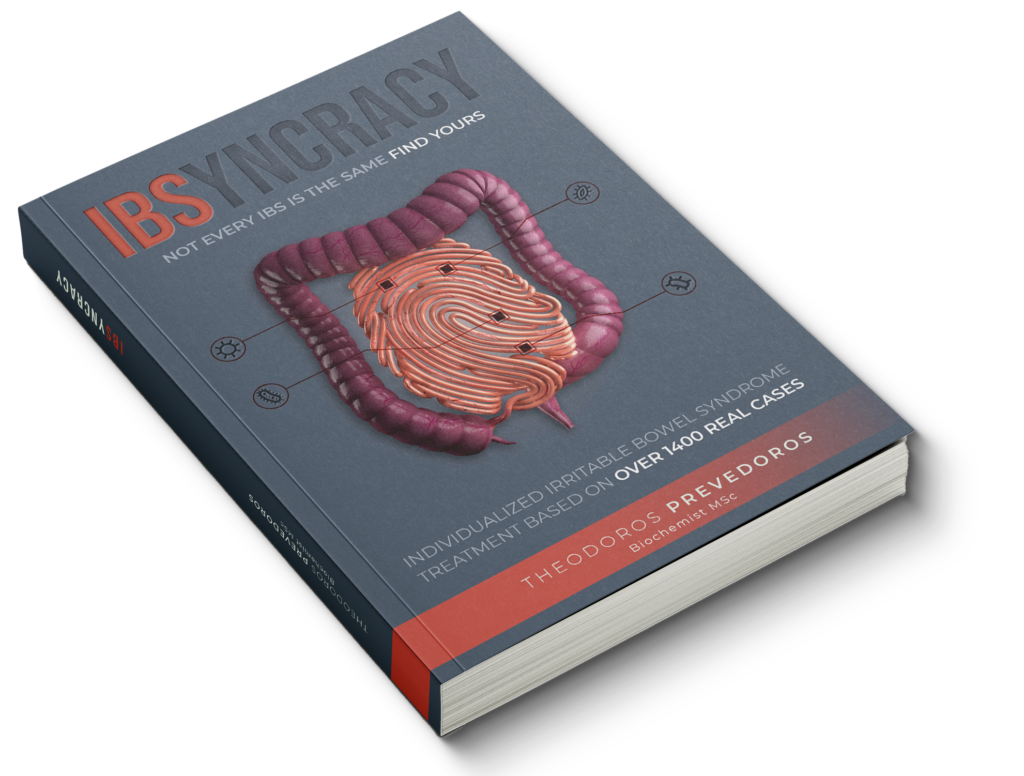
Find the full description and treatment of irritable bowel syndrome after gallbladder removal in IBSYNCRASY
The epidemic of postcholecystectomy syndrome
You had the surgery to fix your digestive problems but instead you got new ones. You’ll be surprised to know that your gut pH is to blame
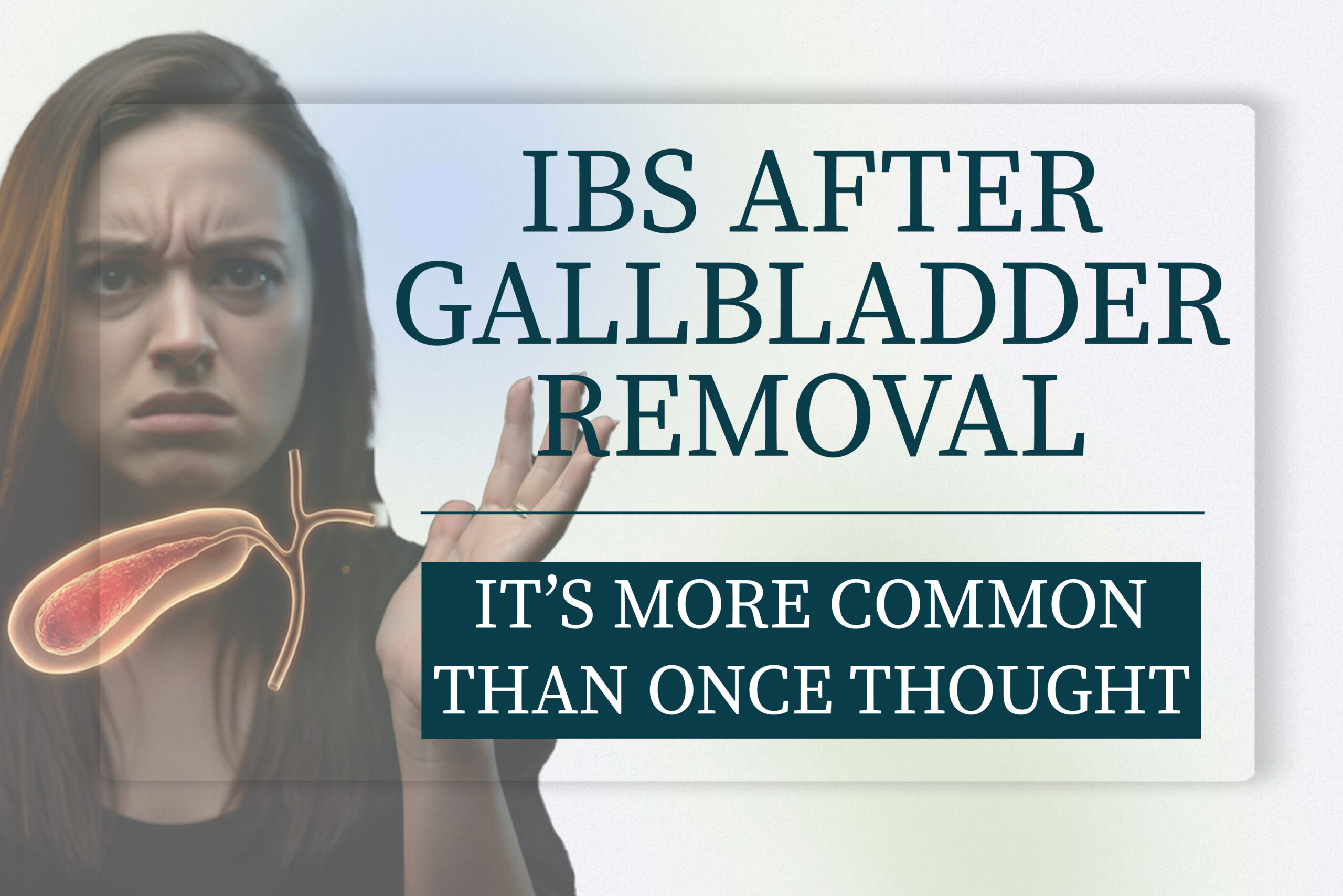
Your digestive system relies on a delicate pH balance to function properly. Acidity plays a vital role in maintaining a healthy gut environment. The acidic pH supports enzymes like pepsin in the stomach, which is essential for protein breakdown, and pancreatic enzymes, which rely on precise pH ranges to function efficiently. Additionally, the mucosal lining of the digestive tract is better equipped to protect against pathogens and irritation in an acidic environment. Without adequate acidity, harmful bacteria like Fusobacterium and Morganella can flourish, leading to more severe digestive issues.
Stomach: Extremely acidic (pH 1.5-3.5) to break down food and kill harmful microbes.
Small intestine: Slightly acidic to neutral (pH 5.5-7) to help absorb nutrients.
Colon: Slightly acidic (pH 5.5-6.5), creating an ideal environment for beneficial bacteria like lactobacilli.
This acidity acts like a gatekeeper, ensuring harmful bacteria don’t thrive while supporting your microbiome. But what happens if this balance is disrupted? A less acidic (or more alkaline) gut can lead to issues like bloating, diarrhea, or even more serious conditions like ulcerative colitis and colon cancer.
Gallbladder is a small organ but it has co-evolved with humans for several million years. Its’ main function is to store bile and release it in bursts when you eat fatty foods. When food containing fats enters the small intestine, the gallbladder contracts and releases bile into the intestine in a controlled manner, to help help emulsify and digest the fats. But, bile is also also alkaline, meaning it can neutralize your gut’s natural acidity. While this is ok for a while, and when digestion takes place, when it becomes constant things change. Bile is also essential for the absorption of fat-soluble vitamins and other nutrients. But, without a gallbladder, bile no longer flows through the organ and is instead released directly from the liver into the duodenum. Here’s what happens:
Fat digestion becomes less efficient: Without concentrated bile, fatty foods entering the small intestine aren’t fully broken down. This leaves undigested fat to travel to the colon.
Fat in the colon causes trouble: Once in the colon, undigested fat interacts with gut bacteria, producing gas, bloating, and diarrhea.
Alkalinity increases over time: The constant drip of bile gradually shifts the gut’s pH, making it less acidic and disrupting the balance of good and bad bacteria.
These changes can have important implications for digestive health and can contribute to the development of IBS and other digestive disorders.
Now, you got rid of your gallbladder problems, new ones appeared. The biochemical and physiological changes that take place and connect IBS and your gallbladder surgery are more than a dozen. Only a few of them are the following:
With the gallbladder removed, bile no longer flows through the organ and is instead released directly from the liver, through the preserved common bile duct into the small intestine. This can lead to an increase in the amount of bile salts in the small intestine, as the liver continues to produce bile even without the gallbladder to store and concentrate it.
The increased amount of bile salts in the small intestine, or bile acid malabsorption (BAM), has several effects on digestive health. Bile salts are essential for the digestion of fats, but in large quantities they can cause diarrhea and abdominal discomfort, most commonly in the upper right side.
When the gall bladder is removed, the physiological changes that occur in the body usually alter the composition of the gut microbiome. The increase in bile salts in the small intestine, as well as the altered pH of the intestine, affect the growth and activity of microorganisms in the gut. There is a shift from commensal acidic bacteria to more alkaline pathogenic bacteria and fungi. This can lead to changes in the production of enzymes and other substances that are involved in digestion and metabolism (like butyric acid), and it can affect the body’s ability to digest and absorb nutrients. These changes in the gut microbiome contribute to the development of postcholecystectomy syndrome and other digestive disorders. In addition to the effects on digestion and nutrient absorption, changes in the gut microbiome also affect immune function and other aspects of health.
Another physiological change that occurs after the removal of the gallbladder is an alteration in pancreatic secretions. The pancreas is an organ located behind the stomach that produces enzymes that help to digest fats, proteins, and carbohydrates in the small intestine. In the absence of the gallbladder, the pancreas may produce less digestive enzymes than are needed, leading to exocrine pancreatic insufficiency.
When the gallbladder is removed, our system can no longer store bile which is instead released directly from the liver into the small intestine. This can lead to an increase in the amount of bile salts leaking into the gut, as the liver continues to produce bile even without the gallbladder to store and concentrate it. Therefore, bile salts run directly inside the gut lumen increasing the pH of the intestine, making it more alkaline. This leads to several effects on digestive health, including the inhibition of digestive enzymes and the alteration of the gut microbiome. These changes can further contribute to the development of Irritable Bowel Syndrome with symptoms otherwise referred to as better bile acid diarrhea.
In addition to the effects on digestive enzymes and the gut microbiome, the increased alkalinity of the small intestine can also affect the absorption of nutrients. The absorption calcium and iron is pH-dependent, and the altered pH of the small intestine after gallbladder removal can lead to decreased absorption of these and other nutrients.
One of the physiological changes that occurs after the gallbladder is removed is a decrease in the ability of the intestines to properly absorb fats. In the absence of the gallbladder, bile is no longer stored and concentrated before being released into the small intestine. This can lead to decreased bile flow and a decrease in the ability of the intestines to break down and absorb fats.
This decrease in fat absorption can lead to a number of symptoms, including bloating, chronic diarrhea, and abdominal pain. It can also lead to deficiencies in fat-soluble vitamins and other nutrients. In some cases, these changes in fat absorption may contribute to digestive symptoms after cholecystectomy.
Another gallbladder function is a glandular one. It secretes a unique substance, called SP-D regulating the physiological process that maintains gut microbiota homeostasis by binding to bacteria and inhibiting their growth. The gallbladder could keep the intestinal microbiota in a healthy eubiosis state, where pathogenic bacteria are not overgrown and bile salt enterohepatic recirculation and transit in and out of the gut are balanced. In the absence of the gallbladder, levels of SP-D in the intestines decrease, leading to a state of chronic low-grade inflammation. This chronic inflammation can contribute to the development of flatulence, gas, and infectious inflammation within the abdomen after cholecystectomy.
It certainly is more common than documented in studies. Usually studies consider this diagnosis if symptoms appear shortly after the procedure. But symptoms may take months or years to develop after surgery to remove the gallbladder. That is because the alterations within the digestive tract are multiple and some of them take time, especially in patients who had a robust microbiome before.
This is why many practitioner cannot link the digestive problems after gallbladder removal, with the procedure itself. It often comes down to the health of their microbiome before the operation. In my experience, in patients that did not have any stomach problems or abdominal symptoms before the removal surgery, it takes longer to manifest symptoms. For some, it takes years for these changes to build up, making it feel like the symptoms appeared out of nowhere. A robust microbiome can adapt to changes more easily, buffering against the impact of constant bile. But if your gut bacteria were already imbalanced due to poor diet, or antibiotics, the symptoms can show up more quickly.
Diarrhea following gallbladder is the most common IBS symptom of the postcholecystectomy syndrome. In fact it has its own term; that is bile diarrhea. But, a multitude of other symptoms that belong to the syndrome may appear (or become worse).
Yes, this is the most common complaint. Before the surgery to remove gallbladder most bile would reach only the terminal ileum and from then it would recirculate back to the liver. This recycling mechanism is crucial because bile is a very “expensive” molecule and we cannot “afford” to produce new batch every day. But now, the bile flows 24/7 and this recirculation cannot handle the demand. So more bile ends up in the colon. As the colon cannot handle such an alkaline substance in large amounts, it starts secreting water and mucus in order to get rid of the extra bile. This is why sometimes stool may appear greenish – bile makes it greenish.
As discussed earlier, the alkalinization of the colon leads to the reduction of crucial probiotic microorganisms and favors the growth of populations with increased fermetnation potential. This means that the same amount of sugars or fibers may produce more gas, which trapped between the two colic flexures produce the characteristic bloating.
One day stool are formed and the next they are loose or watery. No matter if you are on a low-fat diet or a low fodmap diet, this pattern seems to persist. But your bowel movements are subect to the constantly chaningin microbiome and the concentration of bile within the colon. Somedays are good but when the threshold is reached your colon reacts by secreting more water and mucus to get rid of the offending microbes and bile acids.
As bile flows continuously from the liver in the duodenum, it is inevitable to ascend to the stomach as well. This happens mostly at night when we are lying on our side. This is obvious after a gastroscopy where antral gastritis (or antritis) is evident and usually the diagnosis is alkaline inflammation. Sometimed, alkaline esophagitis is also present.
Keeping track of what you eat might seem like a helpful strategy, but it often falls short for a simple reason: the continuous flow of bile after gallbladder removal constantly alters the gut environment. This ongoing exposure to bile acids disrupts the gut’s natural rhythm, causing fluctuations in digestion and bacterial balance. Foods that trigger symptoms today may not affect you tomorrow because bile concentrations, enzyme activity, and bacterial populations are in constant flux. The same food that causes discomfort now might be tolerated next month simply because the gut’s composition and function are always adjusting to the unregulated bile flow. This variability makes it difficult to draw definitive conclusions from a food journal alone.
Mild discomfort (or sometimes severe pain) isn’t the only consequence of a less acidic gut. Over time, an alkaline environment can make it easier for harmful bacteria to grow, increasing your risk of inflammatory bowel diseases like ulcerative colitis. For example, long-term pH imbalances have been associated with a rise in colon issues, with specific bacteria like Fusobacterium potentially playing a role in increasing inflammation and disease risk.

From my experience working with patients who have postcholecystectomy syndrome, several consistent patterns emerge, both diagnostically and clinically:
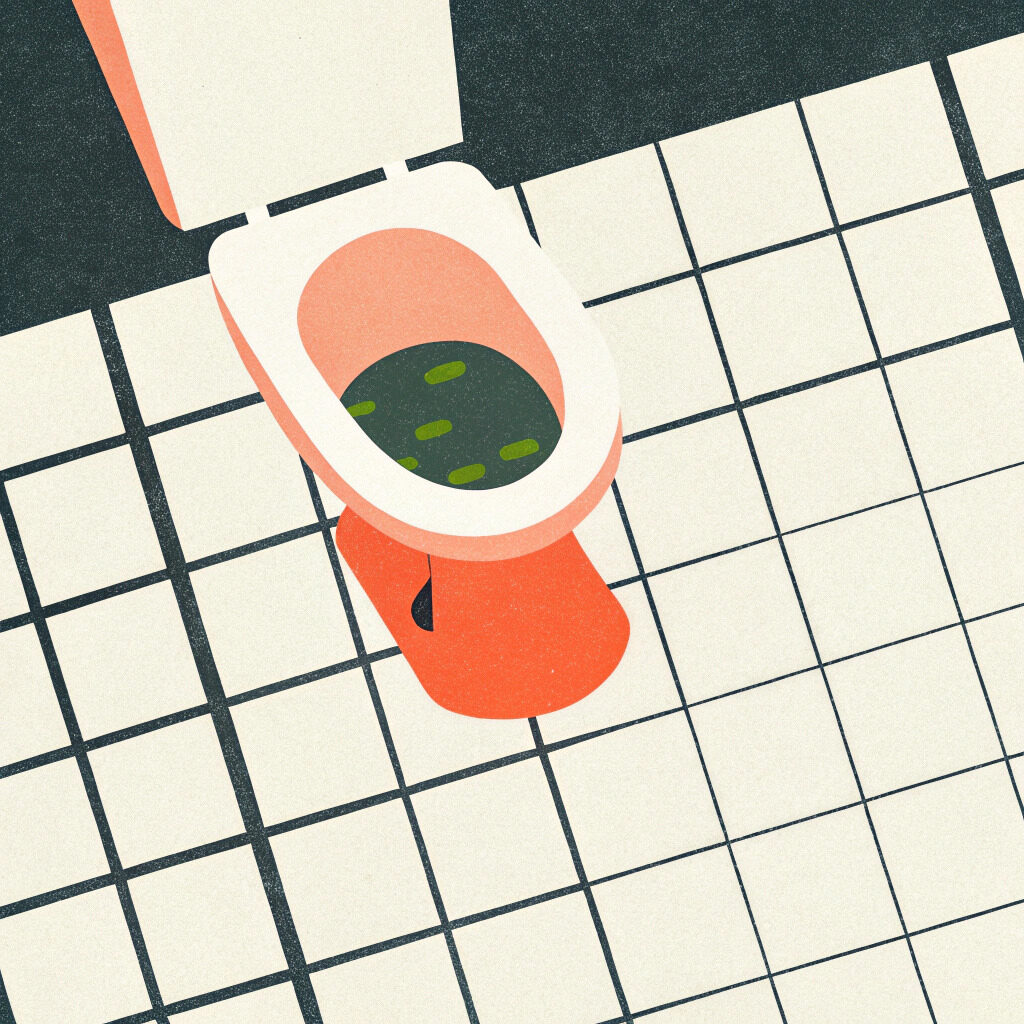
Many patients have elevated bile acids in their stool, which can cause chronic diarrhea. This excess bile not only irritates the lining of the colon but also disrupts water absorption, leading to loose, watery stools. It’s like the colon is overwhelmed, trying to manage something it wasn’t designed for.
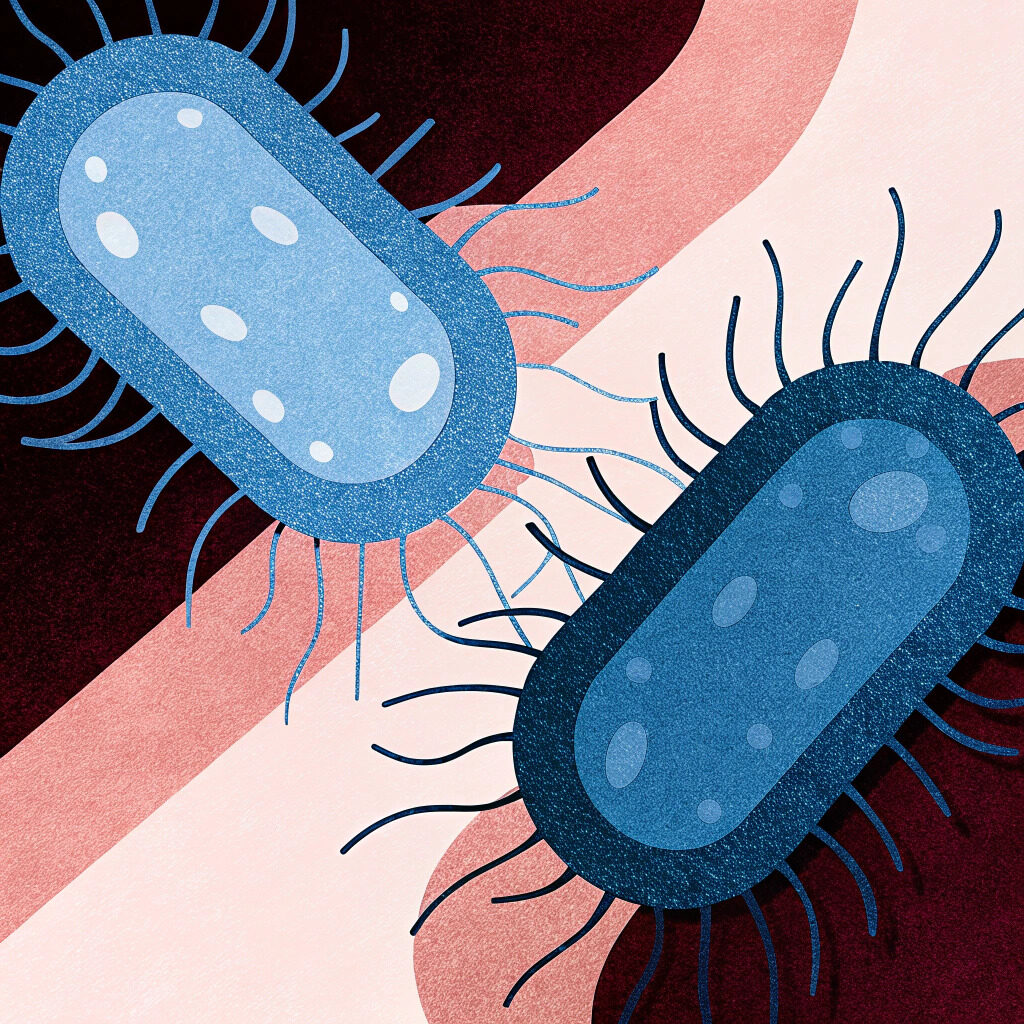
Increased colonies of bacteria like Fusobacterium are a common finding. These bacteria thrive in the less acidic, bile-rich environment, causing inflammation, gas, and bloating. Patients often describe feeling as though their gut is constantly “inflamed” or “angry.”
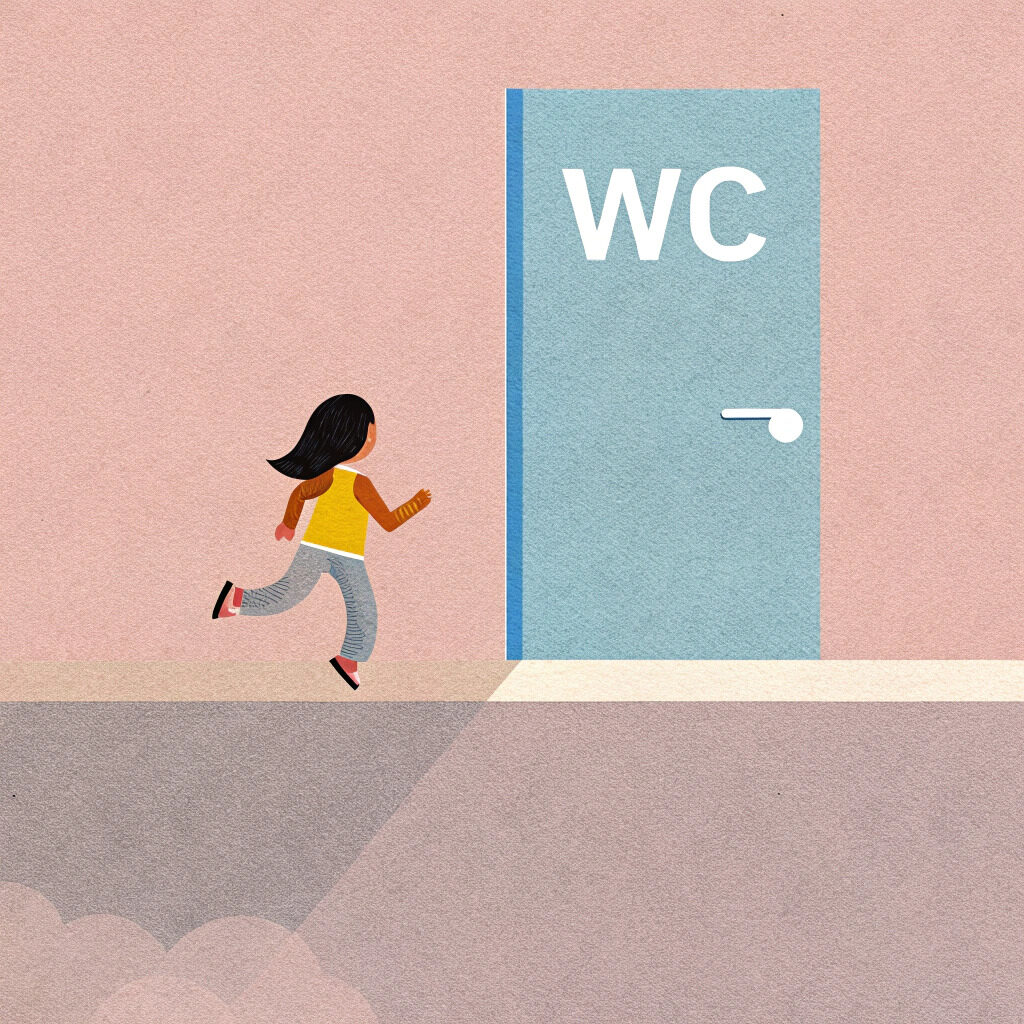
Almost universally, patients report an increase in loose stools and the urgency to go. This unpredictability can significantly impact daily life—whether it’s running to the bathroom during a meeting or avoiding meals before social events.
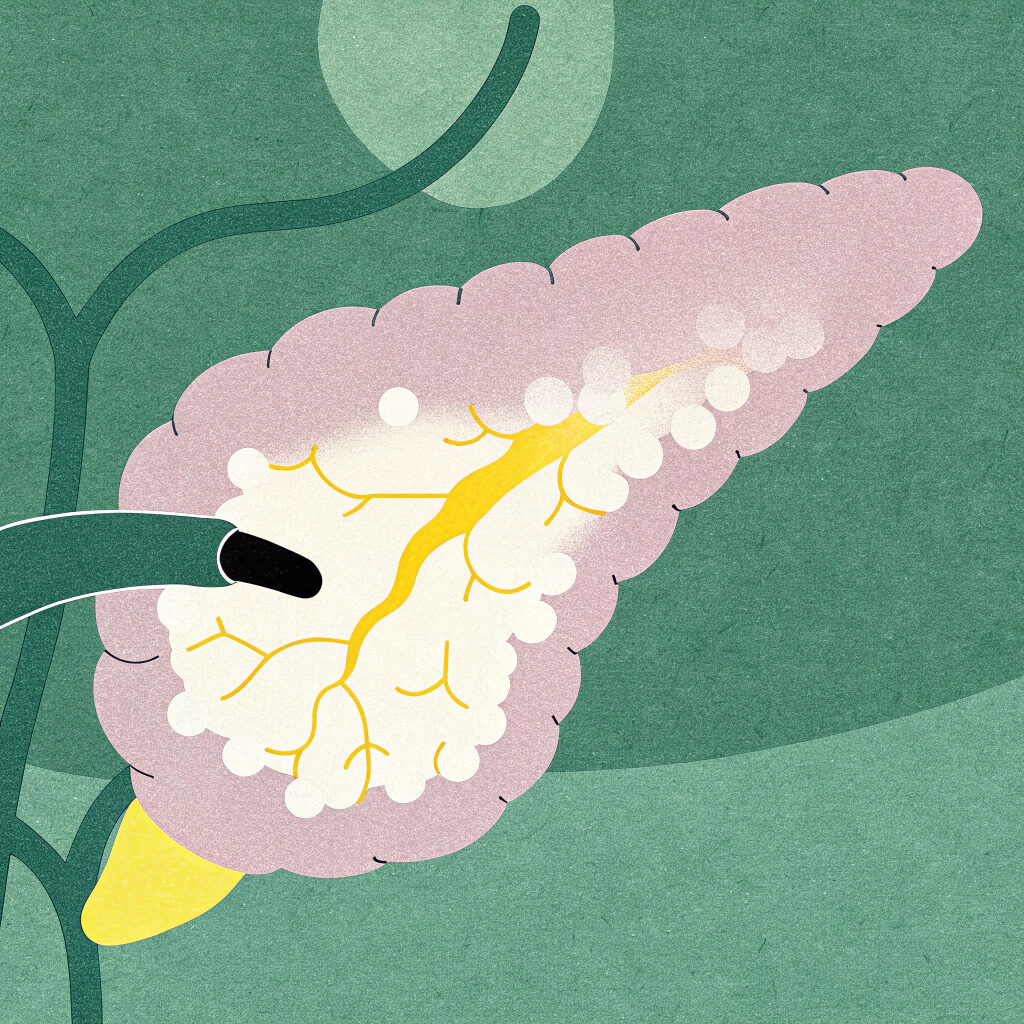
Lower pancreatic elastase levels in stool tests are another common finding. This enzyme is critical for breaking down proteins, and reduced levels suggest that the pancreas isn’t functioning optimally. Patients with this issue often describe symptoms like feeling overly full, having greasy stools, or struggling to digest even small meals.
You do not have to let the gallbladder removal surgery affect the quality of your life. I have been treating postcolecystectomy patients for over 17 years. In my experience each case is unique but there are several common habits and dietary modifications that could help everybody. As outlined in the book IBSyncrasy, most patients need at least 2-3 months to see real results and some behavioral modifications should be sustaines for life, as the phsyiology of their digestion has changed. But optimal digestion is certainly feasible.
For example, do not eat the whole portion of salmon with your meal, rather divide it in two and have some salmon for dinner as well.
This will prevent bile from ascending into your stomach in large quantities.
Foods like kale, spinach and cabbage possess natural bile binding properties, that may reduce the effect of this highly alkaline substance within the colonic environment.
You need to let the amylases (starch degraders) and gastric proteases (protein degraders) to work optimally using proper amount of stomach acid. So, when the meal bolus reaches the site of bile excretion the dietary components should be at their optimal condition and do not interfere with fat degradation.


| Cookie | Duration | Description |
|---|---|---|
| cookielawinfo-checkbox-analytics | 11 months | This cookie is set by GDPR Cookie Consent plugin. The cookie is used to store the user consent for the cookies in the category "Analytics". |
| cookielawinfo-checkbox-functional | 11 months | The cookie is set by GDPR cookie consent to record the user consent for the cookies in the category "Functional". |
| cookielawinfo-checkbox-necessary | 11 months | This cookie is set by GDPR Cookie Consent plugin. The cookies is used to store the user consent for the cookies in the category "Necessary". |
| cookielawinfo-checkbox-others | 11 months | This cookie is set by GDPR Cookie Consent plugin. The cookie is used to store the user consent for the cookies in the category "Other. |
| cookielawinfo-checkbox-performance | 11 months | This cookie is set by GDPR Cookie Consent plugin. The cookie is used to store the user consent for the cookies in the category "Performance". |
| viewed_cookie_policy | 11 months | The cookie is set by the GDPR Cookie Consent plugin and is used to store whether or not user has consented to the use of cookies. It does not store any personal data. |